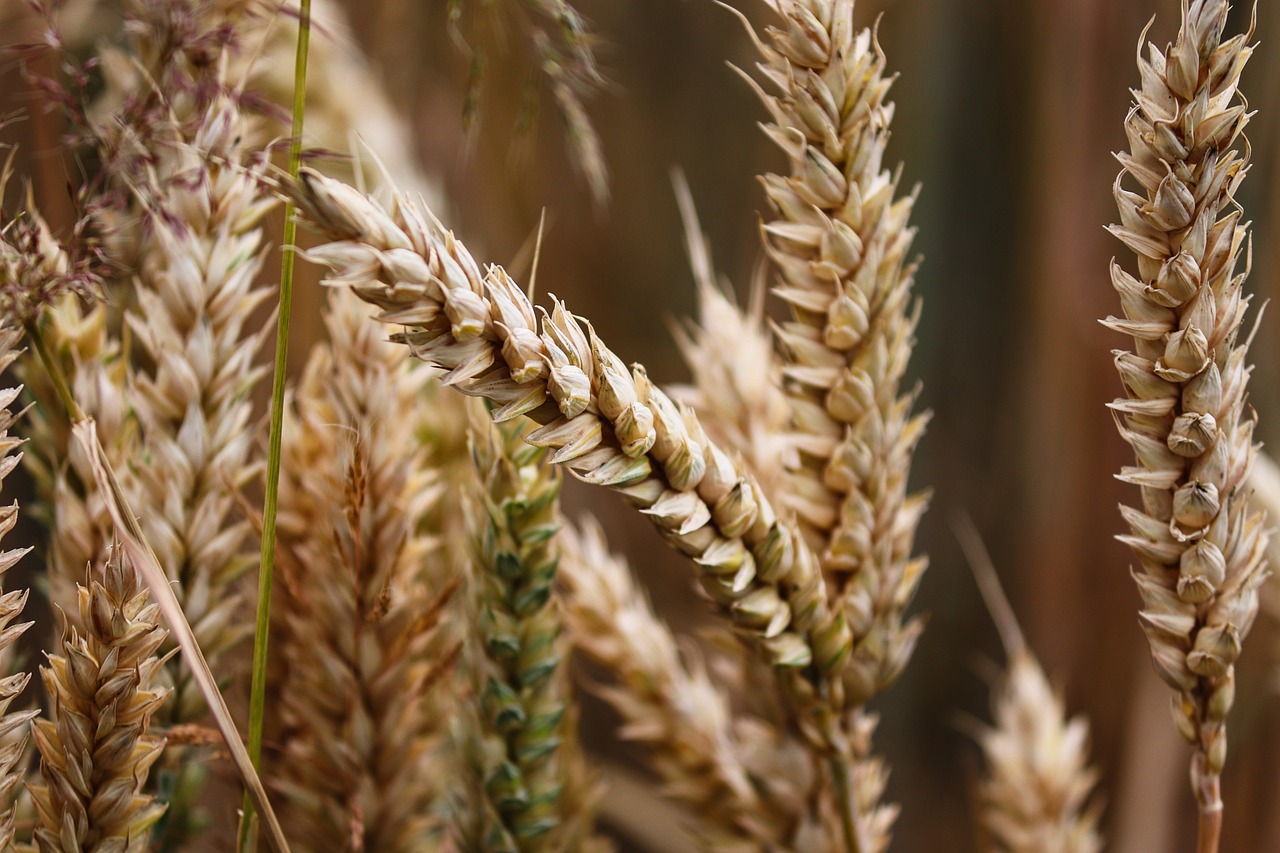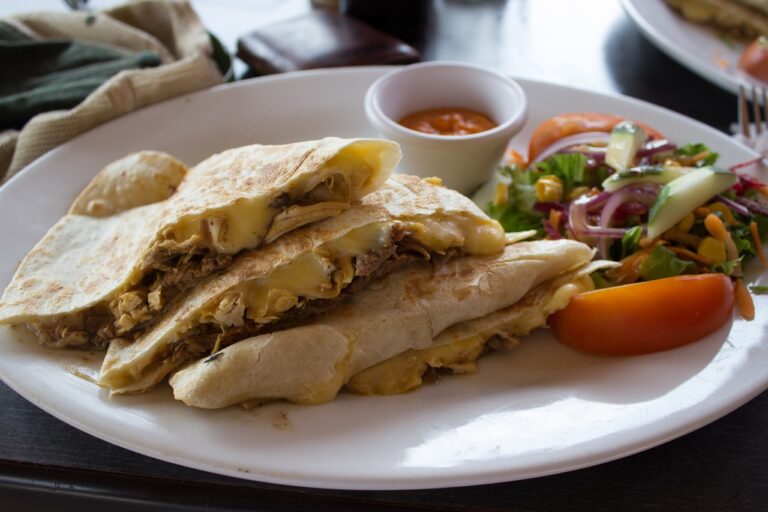The Impact of Global Trade on Honey Prices: 11xplay new id, India 24 bat, Skyinplay live login
11xplay new id, india 24 bat, skyinplay live login: Global trade has a significant impact on honey prices around the world. From the production and consumption of honey to the economics of supply and demand, the interconnectedness of global markets plays a crucial role in determining how much we pay for that sweet nectar. In this article, we will explore the various factors that influence honey prices and how they are affected by international trade.
The Basics of Honey Production
Before we dive into the impact of global trade on honey prices, let’s first understand how honey is produced. Bees collect nectar from flowers and convert it into honey through a process of regurgitation and evaporation. This honey is then stored in honeycombs within the beehive. Beekeepers harvest the honey by removing the honeycombs and extracting the honey through a centrifugal force process.
Honey Production Around the World
Honey is produced in various countries around the world, with some of the largest producers being China, Turkey, and the United States. Each country has its own unique climate, flora, and beekeeping traditions that influence the quality and quantity of honey produced. For example, China is known for its vast honey industry, producing both traditional honey and specialty varieties like acacia honey.
The Role of Global Trade
Global trade plays a crucial role in the honey market by connecting producers with consumers from different parts of the world. Countries that produce surplus honey can export it to countries that have a higher demand for honey but may not produce enough to meet that demand. This creates a global market for honey where prices are influenced by factors such as production costs, quality, and transportation expenses.
Factors Affecting Honey Prices
Several factors can impact honey prices, both on a local and global scale. These factors include:
1. Production Costs: The cost of producing honey, including labor, supplies, and equipment, can vary significantly from region to region.
2. Quality: The quality of honey, including flavor, color, and purity, can affect its market value.
3. Competition: The presence of competing honey producers in the market can drive prices up or down.
4. Demand: Consumer demand for honey, both domestically and internationally, can impact prices.
5. Exchange Rates: Fluctuations in exchange rates can affect the cost of importing and exporting honey.
6. Trade Policies: Tariffs, quotas, and other trade policies can influence the flow of honey between countries.
The Impact of Global Trade on Honey Prices
Global trade can have a direct impact on honey prices by influencing the supply and demand dynamics of the market. When a country opens up its borders to imports of honey from other countries, it can lead to increased competition for local producers. This competition can drive prices down if imported honey is cheaper or of higher quality than locally produced honey.
On the other hand, exporting honey to international markets can be profitable for honey-producing countries, especially if they can command a premium price for their product. This can benefit local beekeepers by creating new opportunities for growth and expansion.
However, global trade can also pose challenges for the honey industry. Unfair trade practices, such as dumping or the use of subsidies, can distort market prices and put local producers at a disadvantage. In addition, concerns about food safety and quality control can arise when importing honey from countries with lax regulations.
Overall, the impact of global trade on honey prices is a complex issue that involves a balance of supply and demand, quality standards, and economic policies. By understanding these factors, we can better navigate the global honey market and make informed decisions as consumers.
FAQs
Q: Are all types of honey affected by global trade?
A: Yes, global trade can influence the prices of all types of honey, from traditional varieties like clover and wildflower to specialty honeys like Manuka and acacia.
Q: How can I support local beekeepers in the face of global trade challenges?
A: One way to support local beekeepers is to buy honey directly from them or from local farmers’ markets. This helps ensure that your honey is produced ethically and sustainably.
Q: How can beekeepers adapt to changes in the global honey market?
A: Beekeepers can adapt to changes in the global honey market by diversifying their product offerings, improving the quality of their honey, and exploring new export markets.
Q: How can consumers make informed choices about the honey they buy?
A: Consumers can make informed choices by reading labels, choosing honey that is certified as organic or ethically sourced, and supporting brands that are transparent about their sourcing practices.
In conclusion, global trade has a significant impact on honey prices, influencing everything from production costs to consumer demand. By understanding the complexities of the global honey market, we can make informed choices that support both local beekeepers and sustainable honey production practices.







